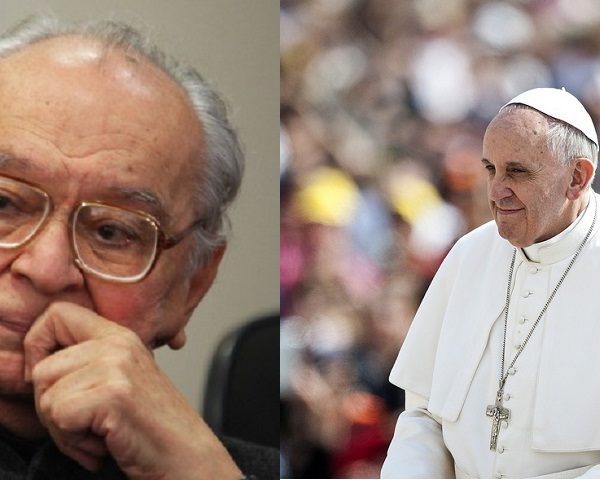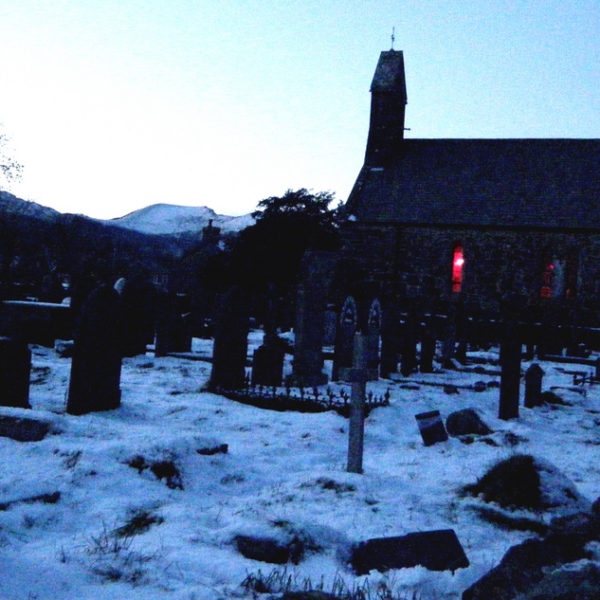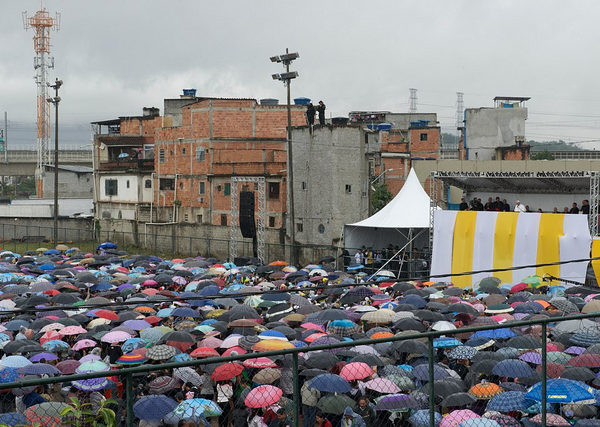
A number of years ago, as I was trying to finalize my dissertation proposal at a large Catholic university, I ran into some problems. My topic was the preferential option for the poor and U.S. middle-class Christians. I knew I was stretching some of the boundaries of theological ethics by focusing on class analysis and the philosophical underpinnings of “The American Dream” as obstacles to faithful expression of the option for the poor in the U.S.

Today, Catholics celebrate the feast of one of the church’s most beloved saints, Francis of Assisi. Francis had both a special concern for the poor and a deep appreciation for God’s presence in all creation, and in recognition of this unique charism Blessed Pope John Paul II declared Francis patron saint of “those who promote ecology” in 1979. That declaration has caused Francis to be associated in the minds of many Catholics with the church’s commitment to environmental stewardship.
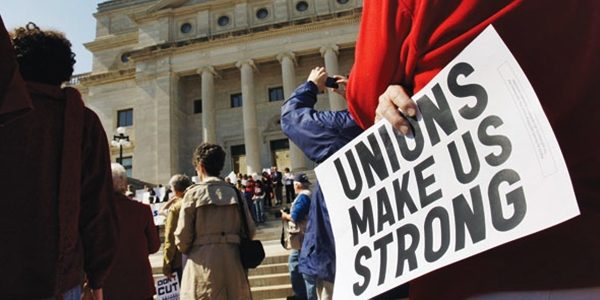
A week ago Monday, in the United States and Canada, we celebrated Labor Day, a holiday established to remind us of “the strength and esprit de corps of the trade and labor organizations.” Before we are too far past the holiday, I wanted to respond to a post by the blogger Morning’s Minion at the Vox Nova blog on the living wage, or just wage, and its role in Catholic social teaching. My point is not so much to dispute his conclusions but to complement them with some further reflections on the just wage.
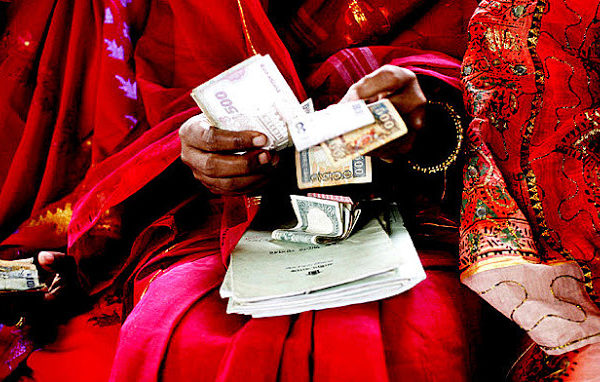
Although Meghan Clark and Joseph Tetlow, S.J. have raised some important criticisms of Stacie Beck’s contention that the “social justice agenda” of many Catholics ignores certain basic truths of capitalist economics, they downplay the extent to which the provision of certain basic human rights is dependent on the creation of wealth. The Catholic philosopher Jacques Maritain provides guidance on how to maintain both the grounding of human rights in universal human dignity and the contingency of concrete rights, a balance necessary in the current age of austerity.
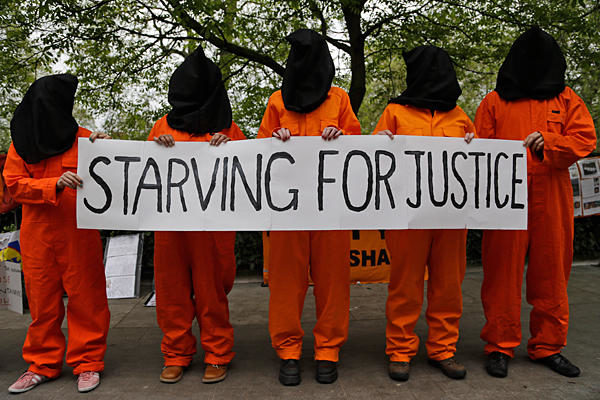
Currently there are about 100 prisoners in Guantanamo Bay Detention on hunger strike (89 of whom have been determined to be innocent of accusations but not released and some of whom have been on hunger strike for more than 106 days) and an estimated “2,493 inmates in 15 state prisons are participating in a mass hunger strike” (Democracy Now 7/17/13). At Gitmo, periodic hunger strikes have been going on for a number of years, prisoners are protesting unlawful imprisonment, cruel treatment and lack of transparency; many prisoners are being force fed.
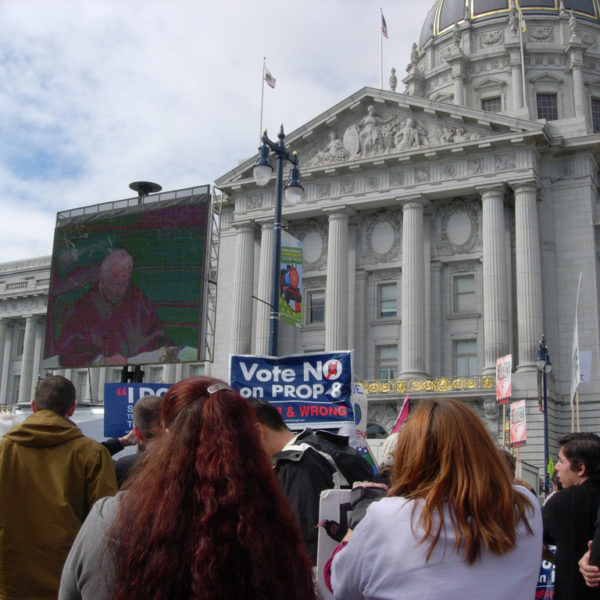
DOMA’s exclusion of same-sex marriages violated equal protection, the Court ruled, because the exclusion was based on a demeaning view of same-sex marriages—a view of such marriages as, in the words of the Court, “second-class”: morally inferior to opposite-sex marriages.The Supreme Court reached the correct decision in United States v. Windsor, in my judgment, but Justice Kennedy’s opinion for the Court was much less clear than it should have been about why DOMA’s exclusion of same-sex marriages was unconstitutional.
